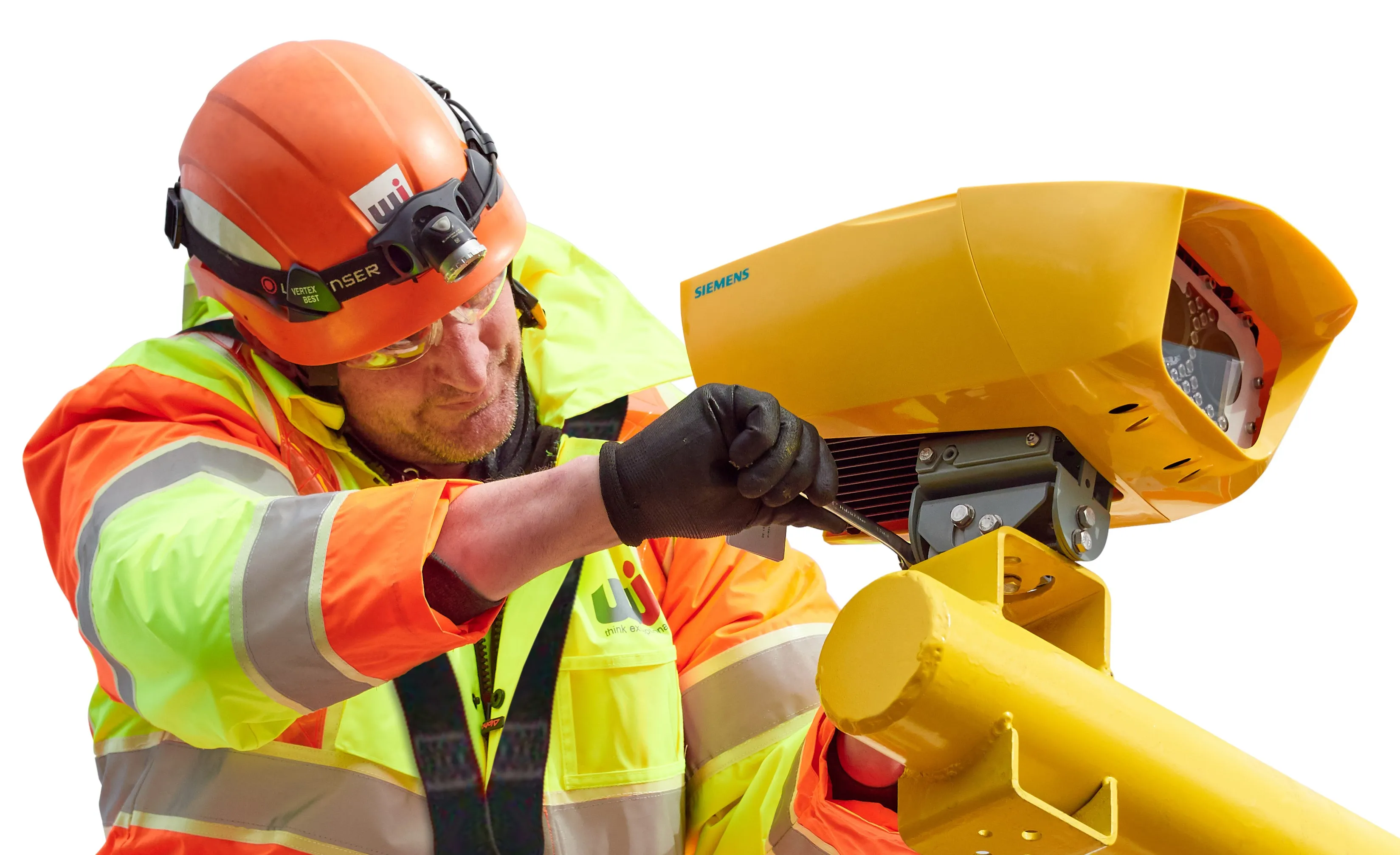PoliScanseco, Vitronic’s latest solution for average speed measurement uses laser based automatic number plate recognition (ANPR) and is said to deliver clear identification of vehicles on free flow lanes, together with precise average speed measurement between two or more checkpoints. All number plates are captured and data is flagged with GPS-based time synchronisation information from each of the nominated check points to achieve the most precise average speed measurement.
Optional features of the s
December 3, 2013
Read time: 1 min

PoliScanseco, 147 Vitronic’s latest solution for average speed measurement uses laser based automatic number plate recognition (ANPR) and is said to deliver clear identification of vehicles on free flow lanes, together with precise average speed measurement between two or more checkpoints. All number plates are captured and data is flagged with GPS-based time synchronisation information from each of the nominated check points to achieve the most precise average speed measurement.
Optional features of the system include driver image capture, 3D classification, overview scene video and integration with existing fixed speed cameras.
Designed for easy installation, PoliScanseco may be deployed over all lanes on motorways, in tunnels, at an overpass or work zone, in designated bus lanes, low emission zones or for monitoring illegal lane use.
Optional features of the system include driver image capture, 3D classification, overview scene video and integration with existing fixed speed cameras.
Designed for easy installation, PoliScanseco may be deployed over all lanes on motorways, in tunnels, at an overpass or work zone, in designated bus lanes, low emission zones or for monitoring illegal lane use.










